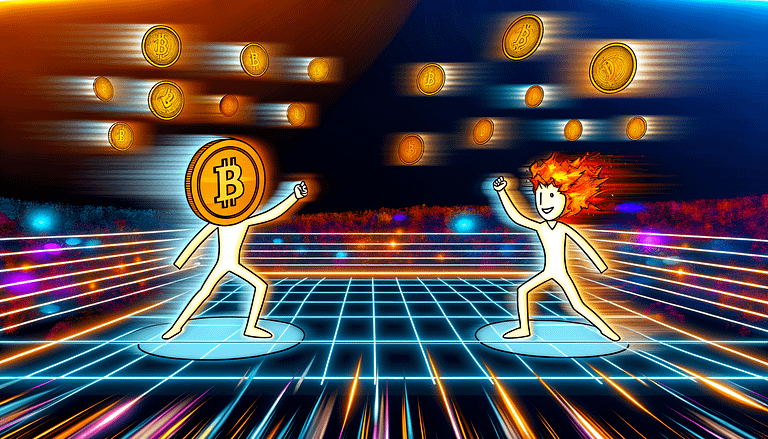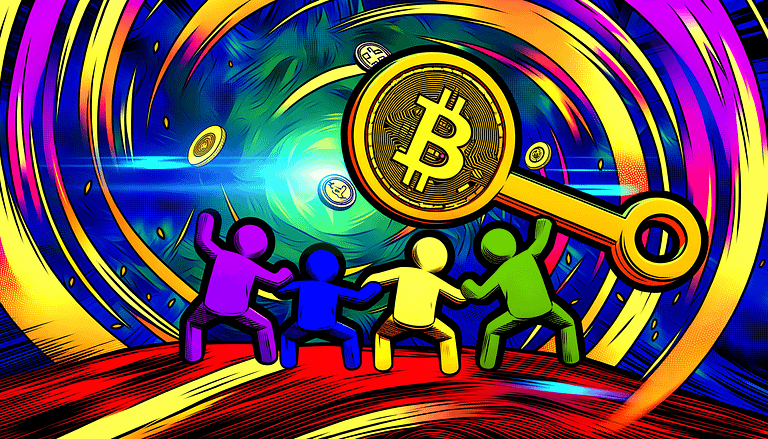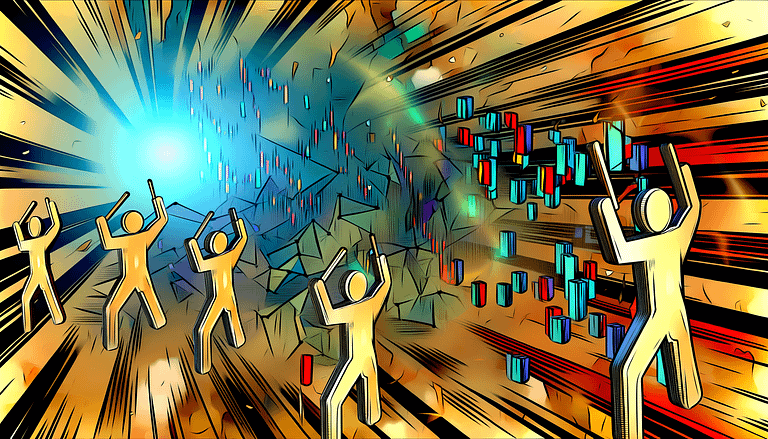Judge Partly Dismisses Suit Against Microsoft, OpenAI
In A Nutshell
A significant development has unfolded in the realm of artificial intelligence (AI) and copyright law. A judge has partially dismissed claims against Microsoft, OpenAI, and GitHub in a billion-dollar class-action lawsuit. The lawsuit accused the trio of using coders’ intellectual property without authorization to train GitHub Copilot, an AI coding assistant. The dismissal is a notable victory for the defendants, signaling potential repercussions for the generative AI industry and copyright enforcement.
Background of the Case
The class-action lawsuit alleged that OpenAI scraped GitHub to feed human-created coding snippets to its AI, GitHub Copilot, without proper permission, compensation, or acknowledgment. Claimants sought $1 billion in damages, accusing Copilot of reproducing human-generated code line-for-line. Five anonymous programmers, identified only as “John Does,” represented the class.
Judge’s Ruling on DMCA Claims
California Northern District Judge Jon S. Tigar dismissed the class claims under the Digital Millennium Copyright Act (DMCA). The dismissal was based on the claimants’ inability to demonstrate that their code was reproduced identically by GitHub Copilot. This decision, filed on June 24, was initially restricted from public view, possibly to protect the identities of individuals involved, but was later unsealed on July 5.
Implications for AI and Intellectual Property
The lawsuit, filed in 2022, was seen as a landmark case with the potential to reshape the boundaries of copyright law in the age of AI. Some analysts likened the situation to the “Napster-era of AI,” suggesting that a win for the plaintiffs could severely impact the open-source movement and the development of AI technology. However, with the recent dismissal, the focus may now shift to how AI-generated content is regulated and copyrighted moving forward.
Related Legal Challenges
Microsoft and OpenAI face several related lawsuits, including one from the New York Times, which alleges that OpenAI used its copyrighted content to train its models. These models sometimes produce outputs with identical information to the original sources. The outcome of this case could influence or set precedents for other pending legal challenges in the domain of AI and copyright.
Our Take
The partial dismissal of the DMCA claims in this high-profile case is a pivotal moment for the development and deployment of AI technologies. It underscores the challenges in applying traditional copyright laws to the rapidly evolving domain of artificial intelligence and machine learning. While the ruling is a win for big tech, it also highlights the need for clear guidelines and regulations that balance innovation with copyright protection.
As the landscape of AI continues to expand, ongoing dialogue between the tech industry, copyright holders, and regulatory bodies will be crucial. The goal should be to foster an environment where innovation can thrive while ensuring creators are fairly compensated and recognized for their contributions. The outcome of this case and others like it will undoubtedly play a significant role in shaping the future of AI development and intellectual property law.
Sources
Bloomberg Law and Law360 provided separate reports on the case’s developments, including the judge’s ruling and the initial allegations.







